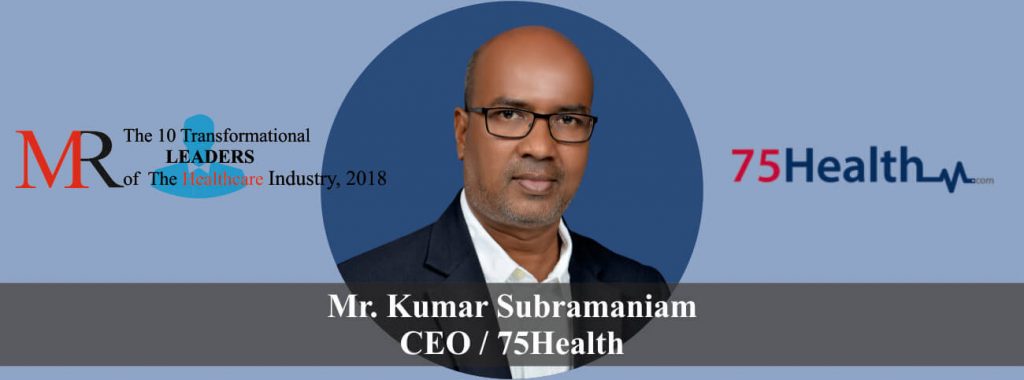Using health information technology (HIT) has become common in the contemporary medical industry. Leveraging innovative technologies that assist healthcare delivery in several ways, HIT is seen to be a growing program of research that is driven by the present transformative healthcare policies such as HITECH. Electronic Heath Record (EHR) is the recent technology that adheres to all compliance requirements and helps enhance quality and efficiency of care while increasing safety. Overall quality of patient care is greatly improved by making use of this modern technology.
EHRs: The Positive Impacts on Information Integrity
In addition to the intended benefits such as better healthcare under low costs and accuracy and reliability of sensitive health information, adoption of EHR Systems bring in several unintended positive consequences as well. Adoption of health information technologies such as EHR Systems enables medical professionals to deliver high-quality care, thus transforming the healthcare system into a safer and more efficient one.
A clinical information system, when designed and implemented with a coordinated effort from professionals belonging to varied fields such as information technology, healthcare, and management, takes into account all predictable combinations of conditions, thus making it safe and efficient. Possible exceptions may be handled; reliable decision support recommendations may be achieved that result in better patient outcomes.
Significance of Clinical Information Systems in the Contemporary Healthcare Setting
In the busy and complex hospital environment today, there’s no wonder in EHRs and practice management systems being deployed as the primary digital information systems of administrative and clinical data. When these systems are optimized, they offer great potential of enhancing the quality, safety, and efficiency of medical facilities.
Shift Toward the Cloud
With EHRs undergoing constant evolution, there’s possibility of new and unprecedented developments emerging in the healthcare arena. An increasingly more number of healthcare organizations and clinicians are inclined toward health information technologies for providing the most optimal care to their patients. Cloud-based EHR systems and practice management systems are the noted ones among such technologies.
Economy of cloud-based solutions is the primary reason for the shift toward cloud-based systems. While relieving healthcare organizations from having to allocate resources for upgrades as well as technology management operations, cloud technology saves them from having to invest on expensive hardware and software as well. Data security and convenient remote access, along with regular data backup save considerable time and efforts on the part of clinicians.
EHR Systems – Providing Advance Information Governance
A lot of improvements are envisioned in healthcare, thanks to the modern EHR Systems that assure accurate and high-quality medical information. This helps reform the present way of providing healthcare services. Care delivery will be transformed in such a way that safety is increased, healthcare costs are cut down, and patients are actively engaged in their care.
With information integrity, accountability for the availability, reliability, accuracy, protection, and compliance of critical health information can be assured. Clinical decision making and care quality improvement may be achieved with the high-quality, timely information provided by the EHR Systems.
To be able to manage information assets effectively and safely, it is essential that not just healthcare organizations, vendors and policy makers as well need to take part in deploying information governance programs and concepts. With effective information governance program, clinicians and medical facilities will be better able to control information assets, while formalizing overall enterprise information management. This leads to optimizing the use of health information technology to its full potential.
Making steady progress toward interoperability and sticking to all compliance needs to regulations such as MACRA, the EHR System has brought about great positive changes in the processes in medical practices and their reimbursements. The medical industry, which has been wrestling for seamless and secure information exchange for years, has found the most reliable health information exchange solution in EHRs. Moreover, data standardization and patient safety provided by this system propels the industry not only to make use of this in an extensive manner but also to venture into updating and adding features to this system for making the future of patient care still more efficient.
Overall, the current healthcare industry situation looks good to shape into a better and more efficient level in the future, thanks to the innovative electronic health record system. The key element enabling navigating the positive changes will be the robust cloud-based EHR.
Enabling healthcare organizations to streamline not just clinical operations, but their administrative and financial processes as well, the cloud-based EHR System facilitates reliable compliance and enables interoperability.
Author Bio:
Mr. Kumar Subramaniam has always believed and used technology as the means to improve the quality of business processes and enhance people’s life. 75Health is the brainchild of Mr. Kumar Subramaniam. He conceptualized the innovative EMR Software with the objective of digitalizing crucial medical records and empowering medical practices to achieve the best care delivery. He leverages technology to achieve business objectives while serving the community better.















